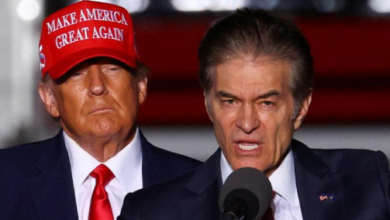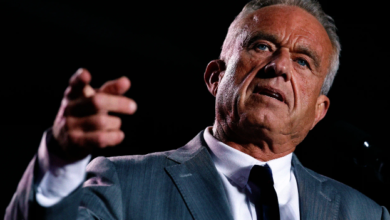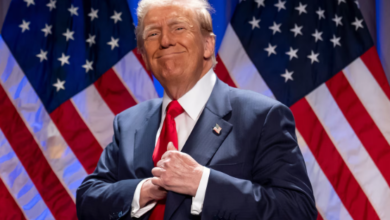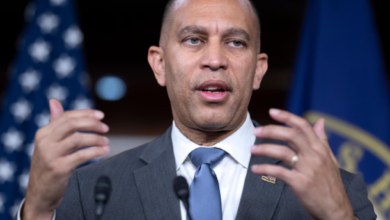Donald Trump Fuels ‘Inside Job’ Conspiracy Theory Regarding Assassination Attempt
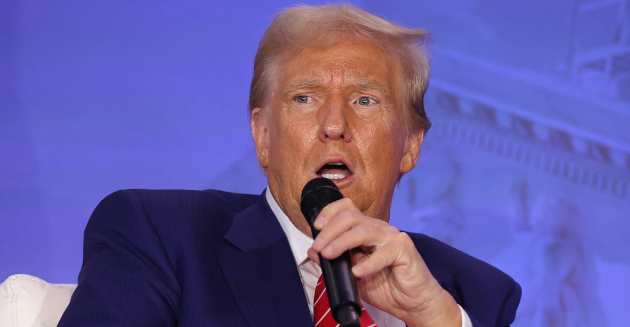
Former President Donald Trump has once again stirred controversy by suggesting that an alleged assassination attempt against him could have been an “inside job.” Trump’s comments have reignited conspiracy theories among his supporters and drawn sharp criticism from his detractors, who argue that such statements are dangerous and undermine public trust in government institutions.
During a recent interview, Trump referenced an incident where an individual was arrested near one of his properties, allegedly carrying weapons and planning to harm him. Without providing evidence, Trump insinuated that the plot might have involved individuals from within his own ranks or even elements within the government. His remarks quickly spread across social media, amplifying the already prevalent distrust among some of his followers towards the “deep state” and other perceived enemies.
Trump’s latest comments align with a pattern of promoting or engaging with conspiracy theories throughout his political career. From questioning the legitimacy of elections to suggesting that government officials are conspiring against him, Trump has frequently leveraged such narratives to rally his base. However, these tactics have also drawn widespread concern, with critics warning that they could incite violence or erode faith in democratic processes.
Political analysts note that while Trump’s rhetoric may resonate with his most ardent supporters, it also further polarizes the national discourse and deepens divisions. The former president’s statements could also complicate security protocols for current and former public officials, as they cast suspicion on the very institutions tasked with protecting them.
The lack of substantiation for Trump’s claims has done little to quell the fervor among those inclined to believe in government conspiracies. Meanwhile, opposition figures and security experts have urged caution, stressing the importance of relying on verified information rather than speculative theories.
As the situation unfolds, Trump’s remarks are likely to continue fueling debate, raising questions about the responsibility of public figures in shaping narratives that could have real-world consequences.


